What defines a 'high-end' phone/tablet
This article may contain personal views and opinion from the author.
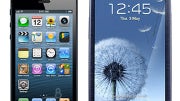
It looks like some users out there aren't really aware of the true meaning of "high-end". We're concerned about this, as voicing wrong opinions can easily mislead other people. We think that's not cool, and wanted to share our view on the matter.
How it all began
Ever since Android phone manufacturers started to equip their handsets with the latest and greatest hardware, customers have been using their specs sheets for bragging rights. Following an overly simple logic, some have concluded that the more GHz, the better; the more RAM, the better; and the more megapixels... the better, even though it has been proven time and time again that it's not really the numbers which dictate real-world performance. Yet, we've once again heard "educated" opinions that the iPhone 5 is not a high-end device, because of its specs.
While comparing specs sheets in the Android world can, to a certain extent, indicate which device is going to have an edge in performance, such kind of comparison when there are other OS's involved is unthinkable.
Love it or hate it, consumer technology is a bit more complex than that. And what makes it complex is the part which gives meaning to all the hardware components - software. Unfortunately, software is a bit more difficult to understand. It isn't something that has any physical form - you can't touch it, for example. The thing is if there wasn't software, there wouldn't be any need for computer hardware. Software can also be written in a good, or in a bad way. The effect of this is that a well-written software can be executed flawlessly on a device with good, but not great hardware specs. However, if you take same poorly-written software and try to run it on the same device, it will lag, it will crash, and overall, the whole experience of using it will be much worse than if you used the well-written software.
What all this means is that it doesn't really matter which is the device with slightly superior specs. Because, let's face it, every costly smartphone has more or less the same hardware, with some small differences of little meaning. But what can substantially affect the performance of a device (read: the way software will be executed), is how well the software for a that device is going to be written. Therefore, this explains why a top Android model with a faster quad-core processor isn't really faster than an iPhone with a slower dual-core processor. Because there are important differences in the way software was written for these handsets.
What defines a high-end device
So what defines if a phone or tablet is high-end or not? Obviously, it isn't the specs. Or at least, it isn't just the specs. To be high-end, means to be of high class. Like software, it isn't something you can measure physically or on paper. One very accurate way of telling which class does a certain device belong to, however, is the price. If you look at the price of current models, things immediately fall into their places. Low-cost models are low-cost for a reason, and the same goes for the devices in the mid range. The high end is where you'll find the iPhone and the top-models of Android manufacturers. Costing about the same amount of money, almost all of them offer very similar quality of user experience. Yes, the iPhone isn't as "technically-advanced" in terms of hardware, when compared to competitive Android phones, but this is only because it doesn't need to be. Again, this is because its software is written incredibly well, allowing it to run flawlessly on a device with lower specs. And as we said above, there is no use in extremely powerful hardware, if you can achieve the same, or even better performance with less powerful hardware.
Of course, the same is valid for tablets as well. Not too long ago, a friend of ours asked us about the amount of RAM in the first-gen iPad. When we said it's 256 MB, they laughed at the seemingly paltry number. What they didn't know, is that the iPad had, and continues to have a better user experience than any other tablet, despite the superior hardware specs of competing products.
In conclusion, it's time to stop throwing false statements around, like the one that "iPhone is not even a high-end phone", as some people do not consider themselves as "educated" and may easily fall for that. As it became clear, hardware specs like processor, RAM or screen size are just one part of the story, and aren't what categorizes a device as high-end or not.
How it all began
Ever since Android phone manufacturers started to equip their handsets with the latest and greatest hardware, customers have been using their specs sheets for bragging rights. Following an overly simple logic, some have concluded that the more GHz, the better; the more RAM, the better; and the more megapixels... the better, even though it has been proven time and time again that it's not really the numbers which dictate real-world performance. Yet, we've once again heard "educated" opinions that the iPhone 5 is not a high-end device, because of its specs.
Love it or hate it, consumer technology is a bit more complex than that. And what makes it complex is the part which gives meaning to all the hardware components - software. Unfortunately, software is a bit more difficult to understand. It isn't something that has any physical form - you can't touch it, for example. The thing is if there wasn't software, there wouldn't be any need for computer hardware. Software can also be written in a good, or in a bad way. The effect of this is that a well-written software can be executed flawlessly on a device with good, but not great hardware specs. However, if you take same poorly-written software and try to run it on the same device, it will lag, it will crash, and overall, the whole experience of using it will be much worse than if you used the well-written software.
What defines a high-end device
So what defines if a phone or tablet is high-end or not? Obviously, it isn't the specs. Or at least, it isn't just the specs. To be high-end, means to be of high class. Like software, it isn't something you can measure physically or on paper. One very accurate way of telling which class does a certain device belong to, however, is the price. If you look at the price of current models, things immediately fall into their places. Low-cost models are low-cost for a reason, and the same goes for the devices in the mid range. The high end is where you'll find the iPhone and the top-models of Android manufacturers. Costing about the same amount of money, almost all of them offer very similar quality of user experience. Yes, the iPhone isn't as "technically-advanced" in terms of hardware, when compared to competitive Android phones, but this is only because it doesn't need to be. Again, this is because its software is written incredibly well, allowing it to run flawlessly on a device with lower specs. And as we said above, there is no use in extremely powerful hardware, if you can achieve the same, or even better performance with less powerful hardware.
In conclusion, it's time to stop throwing false statements around, like the one that "iPhone is not even a high-end phone", as some people do not consider themselves as "educated" and may easily fall for that. As it became clear, hardware specs like processor, RAM or screen size are just one part of the story, and aren't what categorizes a device as high-end or not.

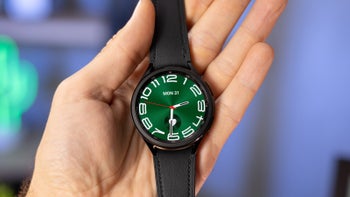
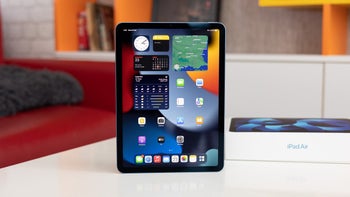
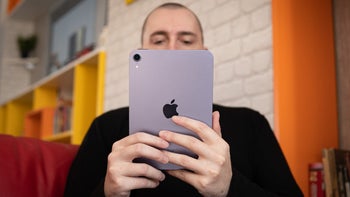
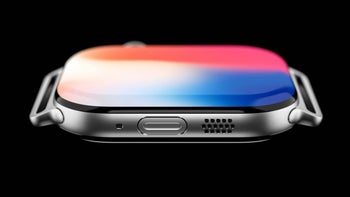
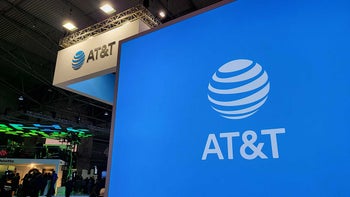
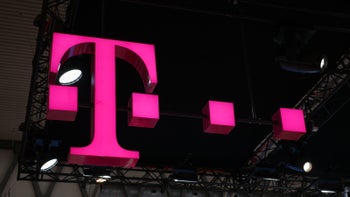
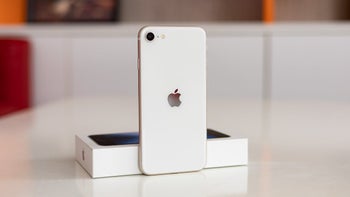
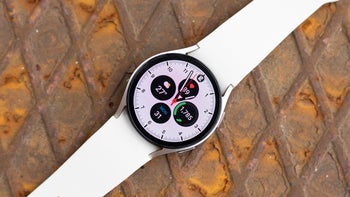
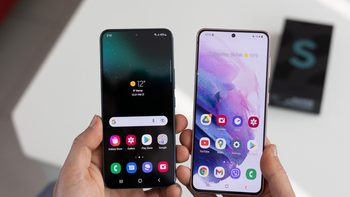
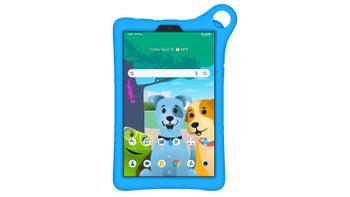

Things that are NOT allowed: